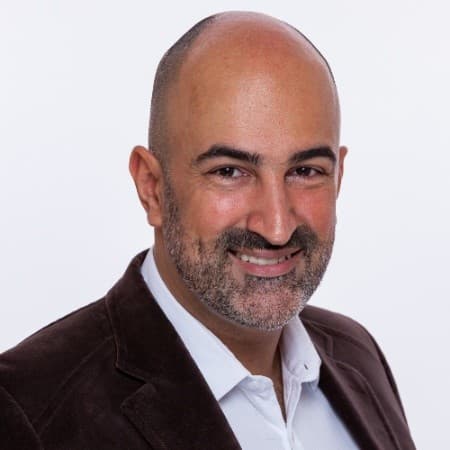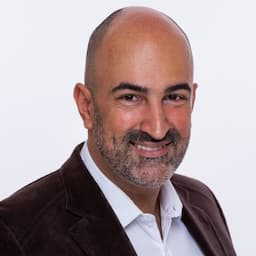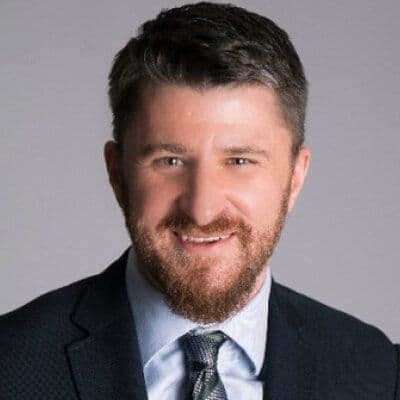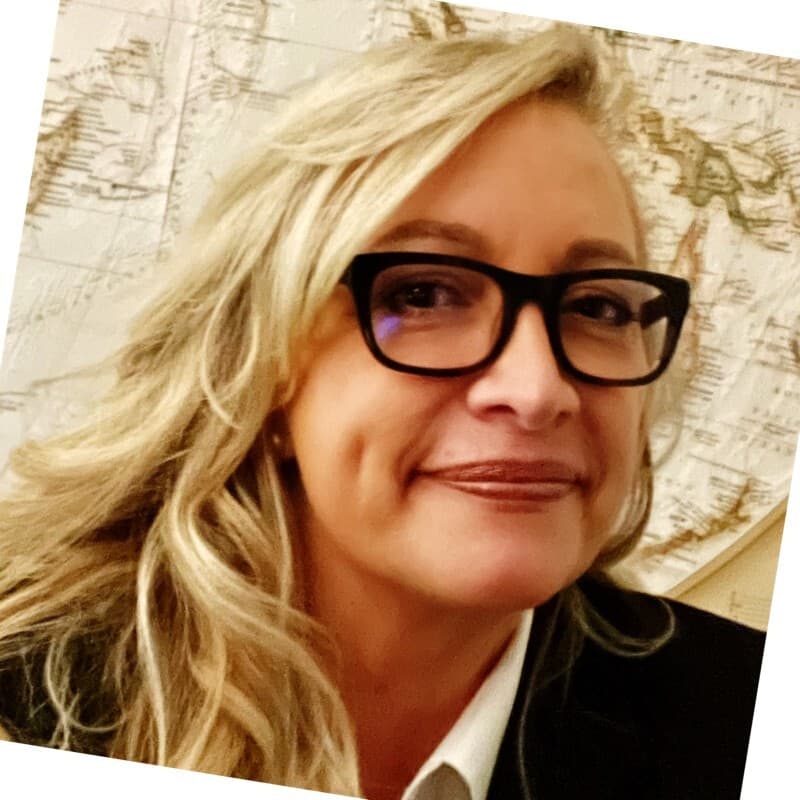/ EPISODE 47
On How to Set your Organization up for Successful OKR Adoption
GUESTS

Felipe Castro
Speaker, Author, and OKR Evangelist
Listen on
Listen on
Google Podcasts
Listen on
Pocket Casts
Listen on
Spotify
Listen on
Apple Podcasts
Listen on
Stitcher
or use this URL in your favorite podcast app: https://feeds.transistor.fm/dreams-with-deadlines
Episode notes
The Objectives and Key Results (or OKR) approach is a great way to reorient organizations to challenging, ambitious goals with measurable results. But the collaborative, goal-setting methodology so popular in Silicon Valley is anything but one-size-fits-all.
Host Jenny Herald’s guest on this episode of Dreams with Deadlines is Felipe Castro, an OKR evangelist who walks us through the many variables that enable the mindset shift and preparation that ultimately ensure successful adoption across the enterprise. Tracking progress, creating organizational alignment, and encouraging engagement around measurable goals involves vision, commitment, collaboration, and education. The process can be slow and will inevitably involve stumbles and adjustments. But the results are inarguably exciting and transformational!
What you will learn
- The crucial mindset shift that must occur when shifting to a new model
- Three components necessary to set teams up for long-term success
- Data analytics, education and why OKRs depend on bringing teams along
- Common organizational problems that OKRs quickly uncover and highlight
- Elements to develop and instill for better (not more) management
- The pitfalls of a cascading management style
- Setting the stage for successful OKR implementation
Show notes
- [00:02:44] A quick hello to this episode’s guest, OKR expert Felipe Castro.
- [00:03:59] Why OKR? Customers give lots of reasons – ranging from weak (the boss read a book or everyone’s doing it) to borderline vague (accountability or transparency).
- [00:04:36] The Tinkerbell Approach: The common misperception (or delusion!) that a little bit of fairy dust is all it takes to take a traditional enterprise to Google-level OKR success.
- [00:05:34] Adopting OKR is not a goal in and of itself. It’s a transformational tool to help organizations be more competitive, adaptive, and normative in the 21st century.
- [00:06:19] Successful OKR implementations require that organizations do three key things:
- Demonstrate commitment and consistency over time.
- Learn how to execute the system in practice.
- Accept that old models and experience will have to be unlearned.
- [00:07:36] Three components necessary to set teams up for success:
- Access to the data (liberate it from the silos!)
- Clarity about the core business metrics and strategy
- Knowledge of data analytics and statistics
- [00:09:44] Felipe shares some of the common organizational problems that OKRs quickly uncover and highlight:
- Lack of clarity about goals
- Lack of grounding in the strategy behind projects
- Managers who don’t provide clear context
- [00:11:04] Elements to develop and instill for better (not more) management:
- Leadership (based on new rather than old business models)
- Problem-solving skills
- An ability to both offer and communicate trust
- Permission to get inspired and inspire others
- [00:14:32] Felipe explains why part of the beauty in OKRs is that they don’t take a one-size-fits-all approach. Rather, it’s a flexible philosophy that can be tailored and tweaked based on a huge range of factors across industries and organizational cultures.
- [00:18:44] OKRs may vary, but there remain common foundational building blocks.
- [00:19:44] Felipe shares his take on cascading management:
- 100% top-down
- Lacks agility
- Creates silos
- Discourages inter-departmental collaboration
- Fails to provide clearly defined, measurable goals
- [00:24:44] It’s a journey! Felipe explains the (necessarily imperfect) process of establishing OKRs and bringing everyone along.
- [00:27:52] Stumbling Blocks: Felipe shares one OKR scenario that commonly occurs at large companies (overattachment to a business case or spreadsheet) and another that often besets smaller companies (data availability bias).
- [00:31:02] Better tools create better outcomes. But not without a holistic approach that includes a commitment to educating and enabling teams.
- [00:33:44] Don’t leave talent on the table! Give teams the tools they need!
- [00:35:06] Elements that set the stage for successful OKR implementation:
- Ensure that teams understand the metrics and data fundamentals
- Establish weekly one-to-ones for continuous feedback
- Ongoing coaching and development
- Adoption of advanced engineering technologies to improve processes
- Regular customer feedback interviews
- Established systems to test, experiment and collect data for nimble decision-making.
- [00:39:30] Felipe shares his evolving thoughts on what capabilities are critical to successful OKR implementation at traditional organizations, including the need for a bridge between old and new business models (in spite of inevitable hiccups and cultural challenges).
- [00:43:30] The Finer Points of Performance: Standards for evaluation are as variable as team and individual roles, responsibilities and contributions. Beware tying bonus structures and compensation to measures that are inefficient, inaccurate, or illogical.
- [00:49:59] Why individual goals can be a huge liability and disincentive.
- [00:51:22] Defining calibration and how it level sets performance reviews.
- [00:52:44] Quick Fire Questions for Felipe:
- What do you appreciate most about your team? Passion and commitment.
- What is your greatest dream and its associated deadline? To facilitate a second edition (with new contributions/examples) of the classic John Doerr book, "Measure What Matters: The revolutionary movement behind the explosive growth of Intel, Google, Amazon and Uber." No deadline since it’s up to the author!
- Can you describe an experience or situation that made you proud? It’s a feeling that arises whenever organizations adopt, evangelize for and continue to use OKR tools in the long term – which fortunately for Felipe has been a common occurrence!
- What’s the most important word of advice you can give people who want to try OKRs but feel wary? They are not a “to do” list. It’s about the outcomes you want to achieve and creating data-driven, measurable benefits for your customers, your company and your employees.
Relevant links
- "Powerful: Building a Culture of Freedom and Responsibility," by Patty McCord, former head of people at Netflix
- Simon Senek's Website
- Felipe's Interview with Itamar Gilad.
- Intuit Founder Scott Cook @Khan Academy.
- "High Output Management," by Andy Grove, former CEO at Intel
- YouTube: Tom Chi on "Rapid Prototyping and Product Management."
- "Measure What Matters: The revolutionary movement behind the explosive growth of Intel, Google, Amazon and Uber," by John Doerr




